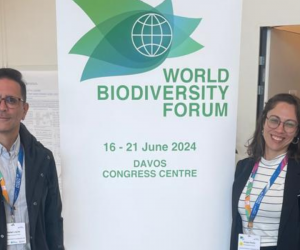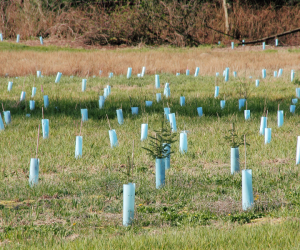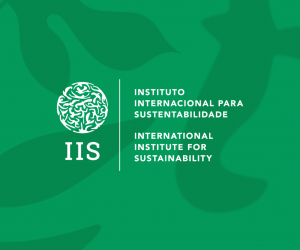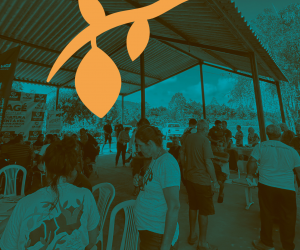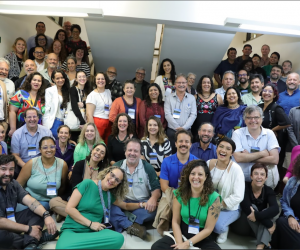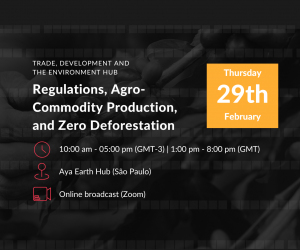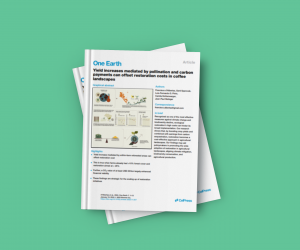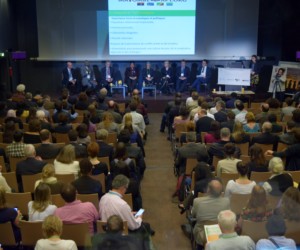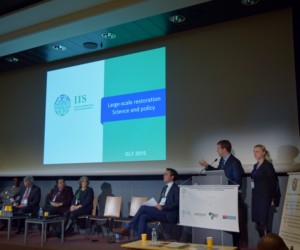News > News
17.12.15
Forest conservation initiatives in the Amazon and Africa are highlighted in Paris
The directors of the International Institute for Sustainability (IIS) discussed in Global Landscapes Forum, in Paris, with 150 participants in a full auditorium. Bernardo Strassburg and Agnieszka Latawiec presented the Institute efforts to publish high impact scientific articles, to develop the Sustainability Science discipline in Brazil and to structure public policies programs, for example the National Plan for Recovery of Native Vegetation (PLANAVEG).
IIS coordinated the session “Scaling up restoration, bringing down poverty – an assessment of opportunities and risks, from the Amazon to Africa’s Mayombe Forest”, held on December 5th at Le Palais des Congrès, in partnership with Agroicone, Augeo and the Environment Ministry of Angola. “The efforts in the process of conservation and reforestation in the Amazon and Mayombe may be expanded through the generation of the Restoration Economy”, says Strassburg.
The list of speakers included the Environment Minister of Angola, Maria de Fátima Jardim; the Minister of Sustainable Development, Forestry Economy and the Environment of the Republic of Congo, Henri Djombo; the Executive Director of the Association for Tropical Biology and Conservation, Robin Chazdon; the Director General of Agroicone, Rodrigo Lima; and the Chairman of the board of Amata S.A. Brazil, Roberto Waack. The discussions focused in the necessity to incorporate large-scale restoration on COP21 debates, in order to expand the debate, stimulate costs reduction and include the benefits of restoration to locals.
“The Institute develops scientific research and investigate many restoration scenarios, including the passive restoration, where the field is surrounded with fences and followed over the time, and the active restoration, which requires the human intervention through soil treatment and spread native seeds, for example. In the last one is possible to strengthen the region’s economy by creating seedlings nurseries”, declares Strassburg.
The presentation also counted with the launch of the book “Sustainability indicators in practice”, organized by the researchers Agnieszka Latawiec and Dorice Agol. It evaluates the challenges and opportunities associated with the practical application of sustainability indicators. “The book addresses the social-economic and environmental issues on each study case, through the interdisciplinary backgrounds on a diversity of specialists”, explains Latawiec.
The video with the presentation of IIS directors and other speakers of the session is available here.
The results of COP21
Besides the results of COP21 did not detail the investments in forest restoration, the executive director of IIS believes that the Conference final decision is positive and opens new paths to develop restoration policy in the future. “Almost 200 countries agreed that the climate changes need urgent and combined actions to prevent the global warming up of 2°C degrees until 2100, and it is inevitable that this discussion will consider forest restoration issues. Part of the funds intended to stop global warming in developing countries certainly will be destined to this area. IIS will continue to identify the best option of restoration, according to the soil type and necessities of each situation”, declares Strassburg.

